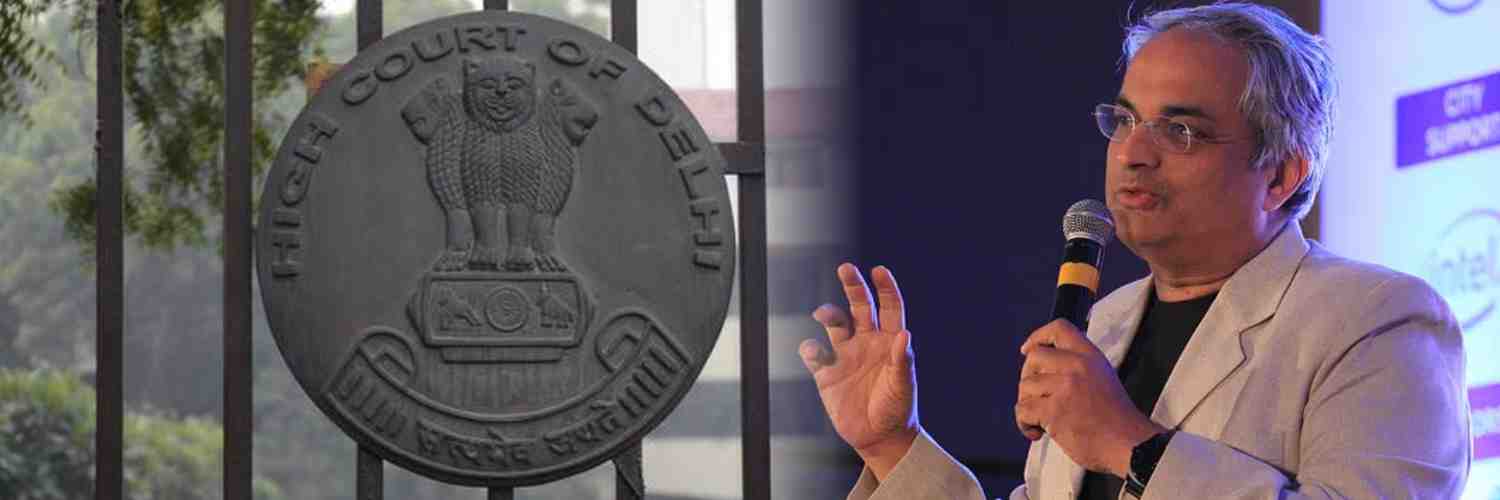Delhi High Court on Thursday, has modified the directions and format of the affidavit of assets, income, and expenditure filed by both husband and wife. Both parties have to file an affidavit which contains the details of every penny spent right from a pen to property.
The court has issued the following directions seeking disclosure of true income of husband as well as the wife in order to fix maintenance, permanent alimony, and right in the joint properties.
Justice J R Midha believes that matrimonial disputes demands special attention and needs to be decided expeditiously. Justice Midha has also asked the subordinate courts to expedite the processes and dispose of the matters within the prescribed time.
Delhi High Court in its 79-page judgment stated, “It is the duty of the court to ascertain the true income of the parties and then pass the appropriate order relating to maintenance. Truth is the foundation of justice. Dispensation of justice, based on truth, is an essential feature in the justice delivery system. People would have faith in courts when truth alone triumphs. Justice based on truth would establish peace in the society.”
The court has appreciated senior advocate Sunil Mittal, amicus curiae Anu Narula and Law Researcher Akshay Chowdhary for their extensive research in the arena and matrimonial dispute laws in the developed countries and has recommended some changes to the centre government.
The affidavit format was first modified in 2015, then in 2017, and now again modified by Delhi HC in the Thursday ruling. The court has stated that affidavit filing must not merely be a ritual ceremony performed by court, there should be proper disclosure of all the details. Otherwise, court may direct interrogatories or inspection of documents.
As per the modified affidavit format “a salaried person is required to disclose the particulars of his employment including salary, dearness allowance, commissions, bonus, perks, other benefits, and income tax.”
If the person is self-employed, then he/she has to disclose nature of business/ profession, share, net worth, number of employees, annual turnover, gross profit, income tax, and regular monthly withdrawal.
If there is any income from any other sources like agriculture, rent, interest on bank deposits, investments, profits on sale of assets, particulars of immovable properties, financial assets including bank accounts, DEMAT accounts, safety deposit lockers, loans, insurance policies and foreign investments, it needs to be disclosed in the affidavit.
The parties has to disclose every movable property including motor vehicles, mobiles, computer, laptop, electronic gadgets, gold, silver and diamond jewellery, intangible assets and properties acquired by the family members or inheritance.
The modified affidavit format will also require the parties to mention the standard of living, credit/debit cards, membership of clubs, social media accounts, domestic help and their wages, mode of travel in the city and outside, category of hotels, hospitals for medical treatment, frequency of foreign travel, brand of mobile, wristwatch, pen, expenditure ordinarily incurred on functions, festivals and marriage of family members.
The expenditure on housing, household and medical, maintenance of dependents, transport, entertainment and vacations also need to be disclosed in the affidavit.
“These modified directions/guidelines shall apply to all matrimonial cases including cases under Hindu Marriage Act, Protection of Women from Domestic Violence Act, Section 125 CrPC, Hindu Adoption and Maintenance Act, Special Marriage Act, Indian Divorce Act, Guardians and Wards Act and Hindu Minority and Guardianship Act,” said the High Court in the ruling.
The bench also stated, ” The courts are at liberty to pass appropriate directions to do complete justice between the parties and in cases belonging to the lowest strata of the society or case of a litigant who is a permanently disabled/paralytic, it may dispense with the requirement of filing of the affidavit or modify the information required.”
All the family courts are directed to send the list of pending maintenance cases (more than one-year-old) along with the name of the case, date of institution, number of hearings that have taken place and reasons for delay.
“List be prepared according to the seniority, that is, the oldest case shall be mentioned first. Principal judge, family court shall compile the lists of all family courts and send them to the Registrar General of this court by December 31 for being placed before this court,” directed the Delhi High Court.






